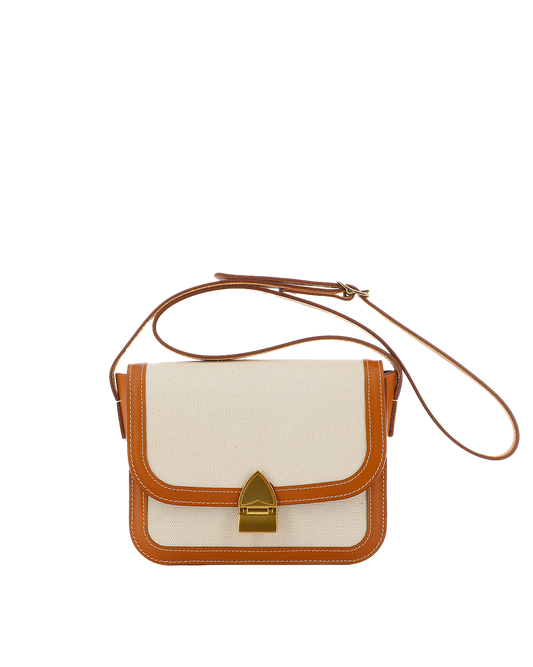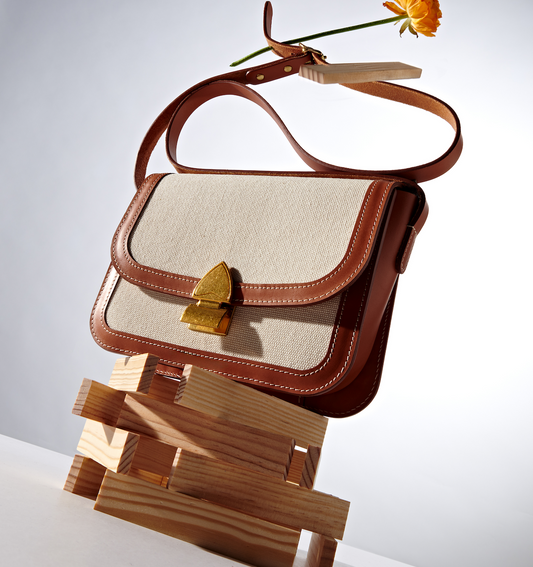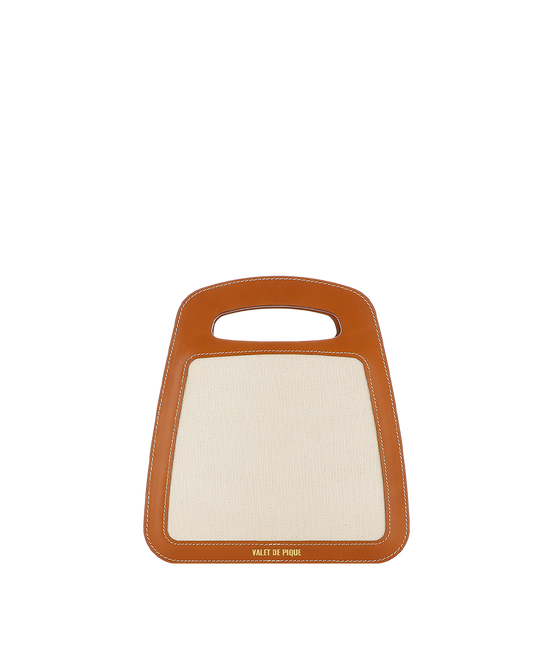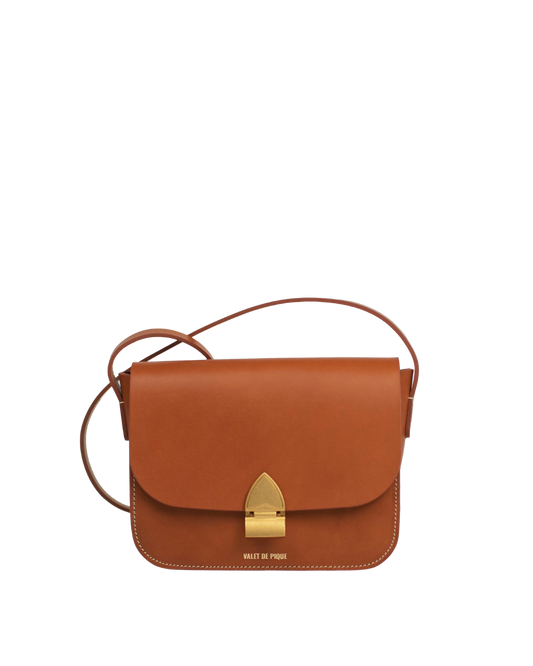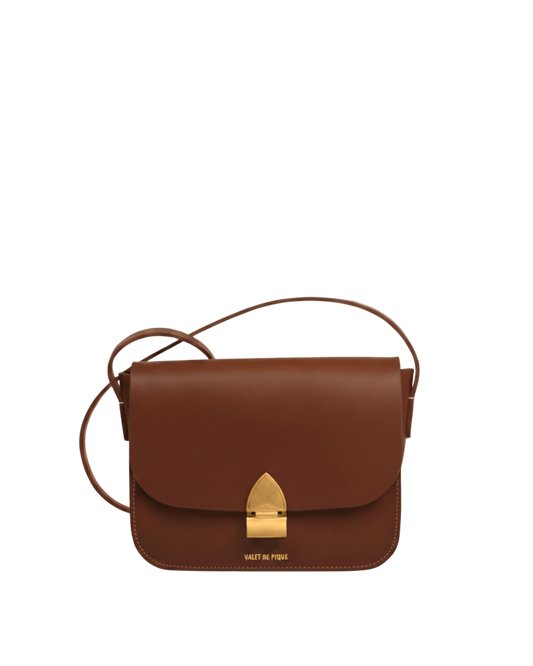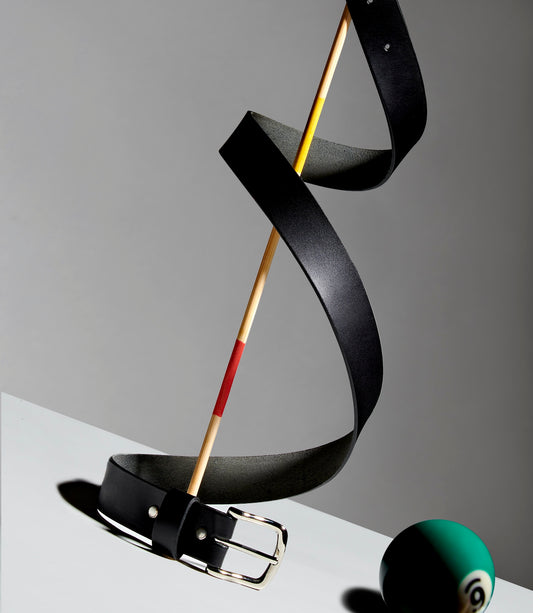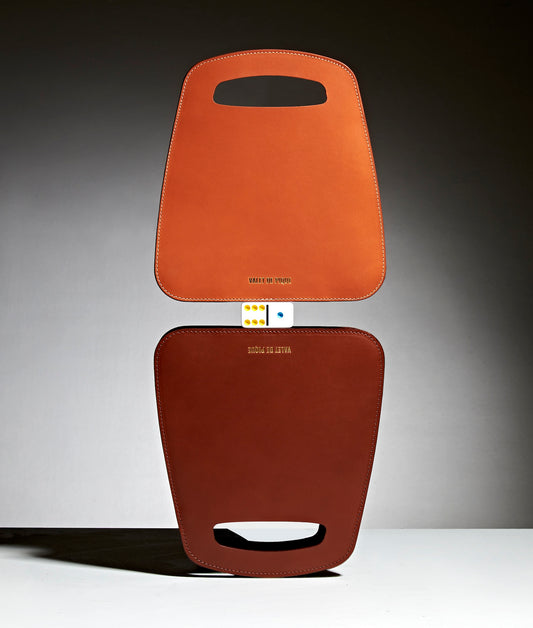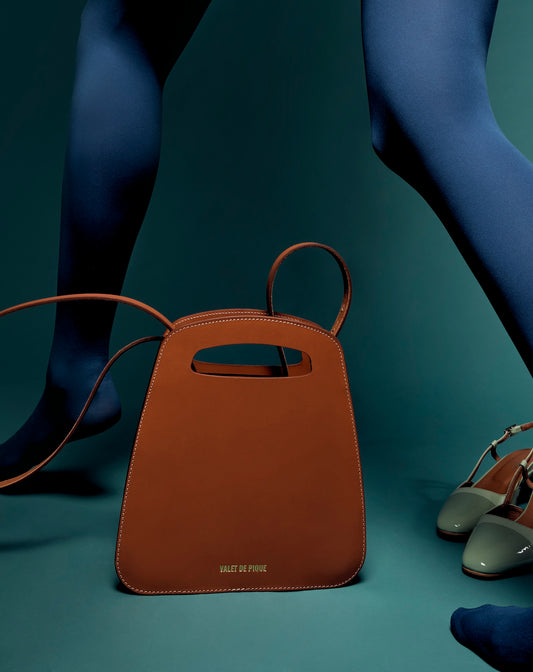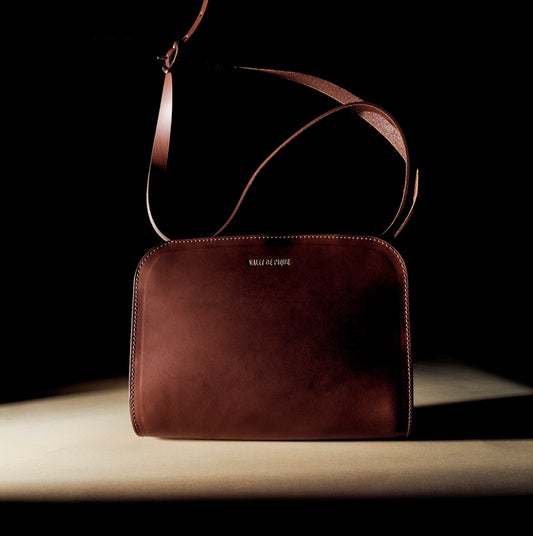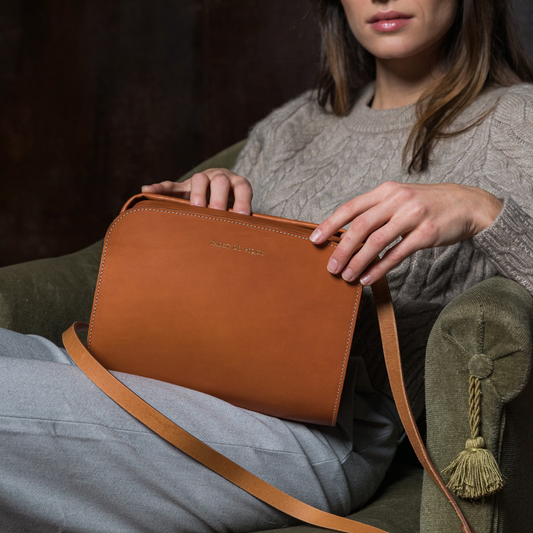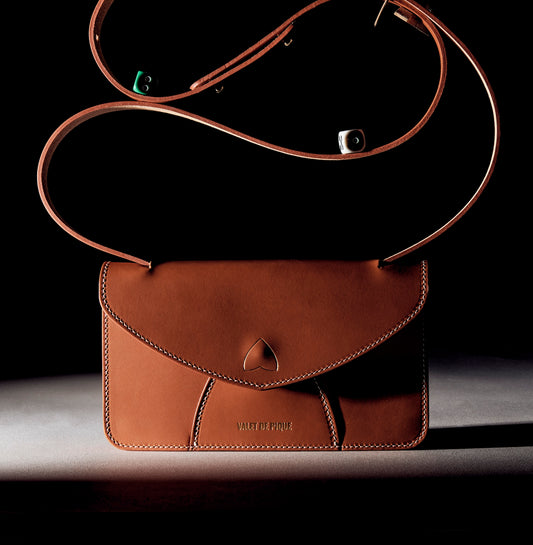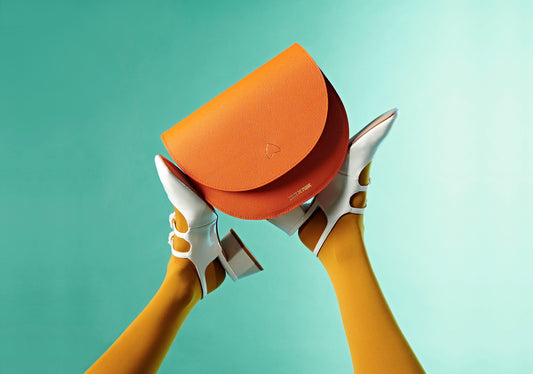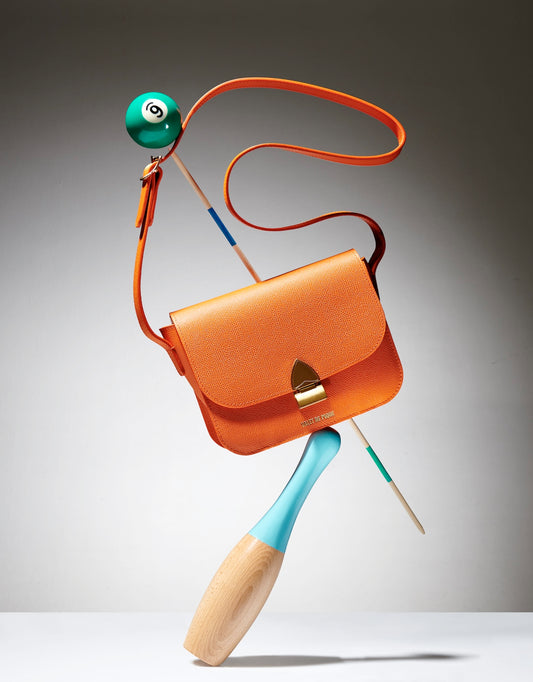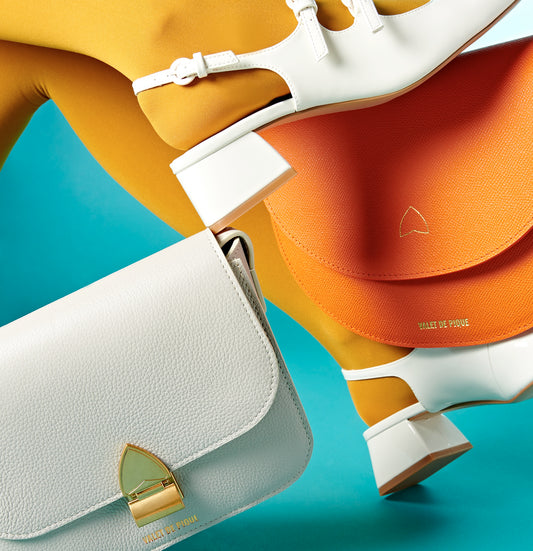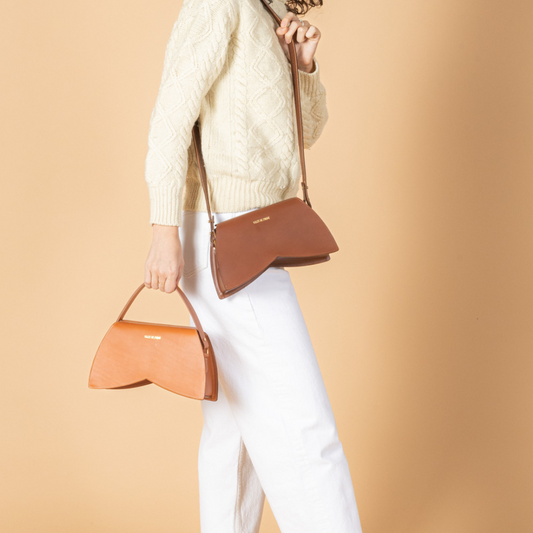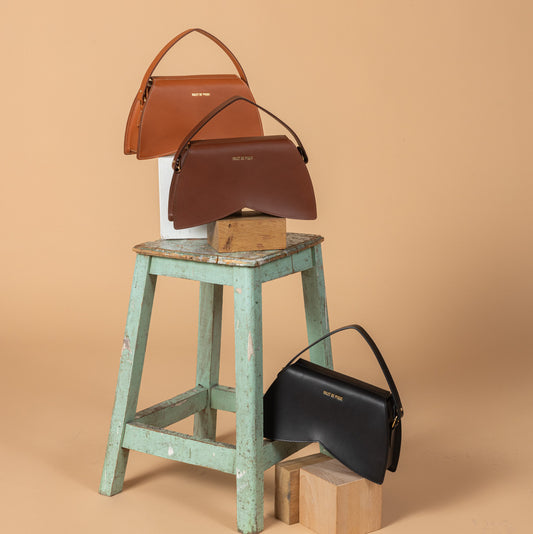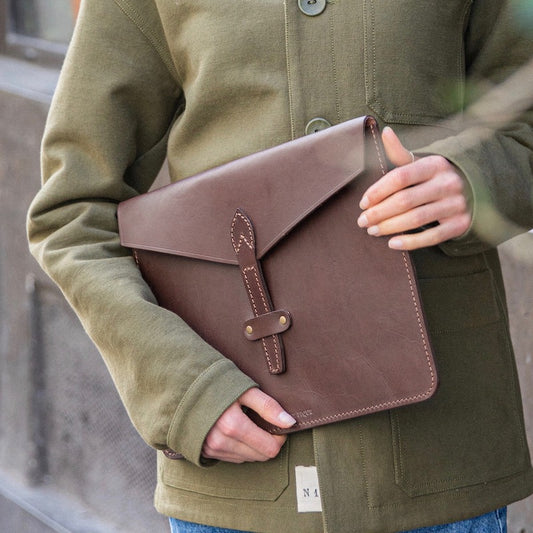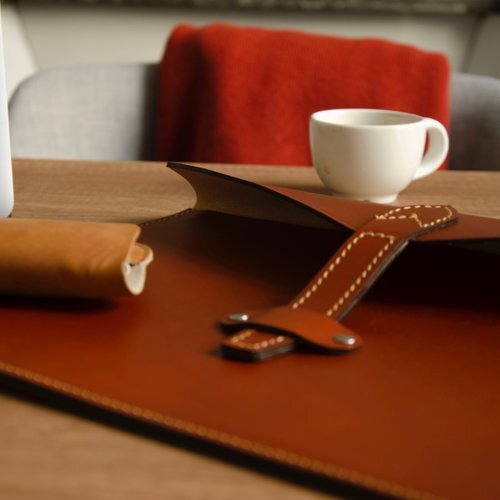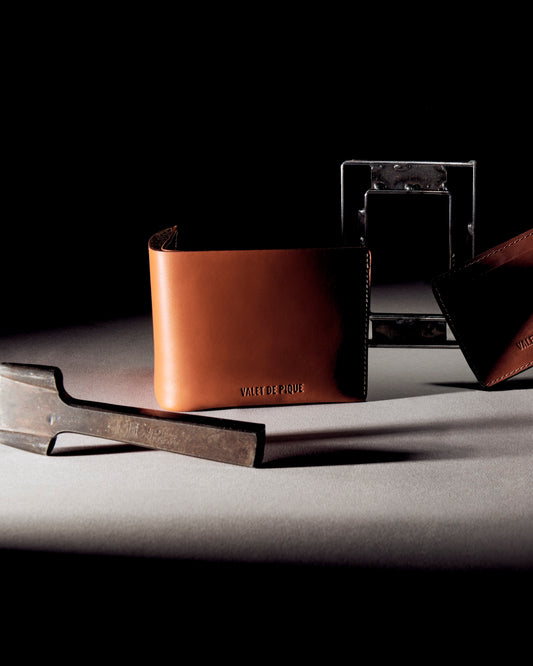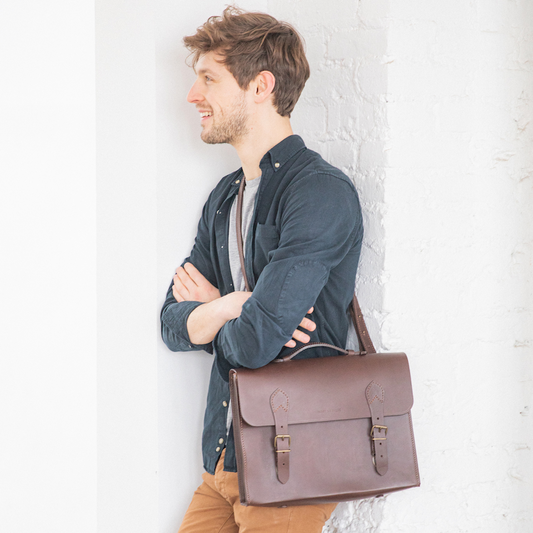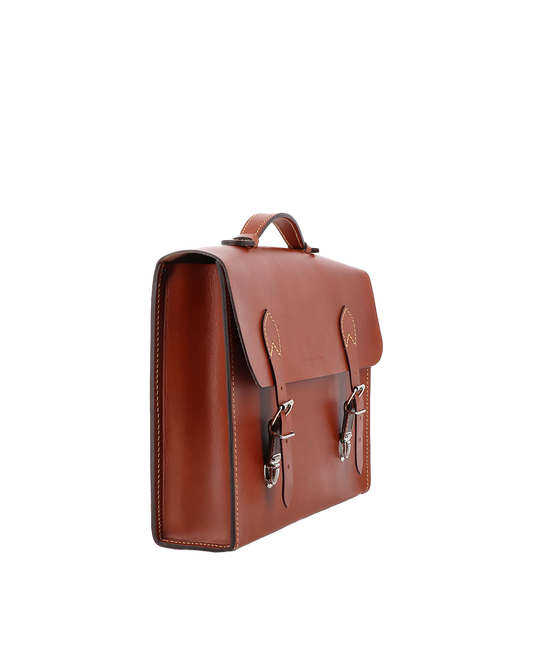"Clothes make the man. Naked men are less likely, if at all, to have influence in society." Mark Twain. You've probably heard remarks like "the time for suits is over", or "appearances don't matter, only the result".
These remarks ignore the undeniable fact that we judge those around us on their appearances and will continue to do so whether we like it or not. The harsh reality is that we form an impression of an individual within 3 seconds of meeting them, and then spend 90 seconds trying to confirm our first impression. This mechanism may be completely unconscious, but it is inevitable. This means that before we even open our mouths, we have been judged and categorized, all within 93 seconds. Knowing this, we should always be well dressed, professional and appropriate. Indeed, we never know who we might meet. At any given moment we may run into a potential client, a future employer, or even for singles, the love of our lives. And whether we like it or not, they will form an image of us based on our clothing style.
HOW DOES OUR APPEARANCE AFFECT US?
1- The transformation effect
One of the powers of clothing is to transform the state of mind of an individual. Dress like a professional businessman and you are more likely to behave like a professional businessman. Students say they do better on exams when they have dressed up to take them. Similarly, women have battled illness for years by simply dressing and getting ready, ignoring their symptoms. The transformative effect is powerful and instantaneous. The amazing thing is that so few people use it.
2- An individual discipline
From the Roman legions to the American Marines, the world's most feared armies have understood that well-trained soldiers are more disciplined than those in disparate armies. And while military dress inspections have persisted to this day, it's not because shiny boots win victories, but this exercise in rigor teaches military forces the importance of detail. And it is the details that win battles.
In the same way, an individual who dresses professionally learns the value of individual discipline. He learns that planning well in advance is of paramount importance to achieve concrete results. An individual who dresses with discipline can arrange his or her clothes to ensure that they are appropriate for any occasion, from 8:00 a.m. to midnight, from the office to drinks after work.
3- Recognition and respect
Dressing properly takes time. Shirts need to be ironed, shoes shined, and jackets brushed. When we meet another well-dressed man, we respect him more because of his clothes, and the effort he has put into being impeccably dressed. We notice the perfectly made tie and appreciate it even more because it took us 15 minutes and 5 attempts to make ours perfectly. Mutual respect between two men is born from the mutual recognition of their sartorial efforts.
HOW OUR APPEARANCE AFFECTS OTHERS?
4- The power of the visual
Many communication studies have demonstrated the power of visual elements in human interactions. Some studies have shown that visual signals are 3 to 5 times more powerful than auditory signals. With clothing covering 90% of your body, we can't stress enough the importance of the role it plays in how others perceive you.
In the same way, if you want to be served faster and better in a restaurant, adopt a look that seems to show you have money. Want to get a good grade for a college presentation? Wear a blazer and a pair of lace-up shoes. Want to have instant credibility in your job? Wear a suit when giving a speech or meeting with clients.
5- First impressions
They happen in a matter of seconds. First impressions are powerful and should not be taken lightly. We often observe a person before we speak to them. Using our personal experience, we categorize individuals, we pick up on key details that evoke ideas, images, memories, and through this association of ideas, we form an idea of the person we are dealing with.
6- The power of colors and patterns
Colors and patterns are very powerful. Some capture our attention immediately, some accentuate our natural skin tone, and others even affect our emotions. When we choose colors or patterns, we must first ask ourselves what fits our personality, and what does not. Then we need to think about the message we want to send. A man dressed in a navy blue suit, blue shirt and red tie conveys power and authority. A man with a brown suit, a beige shirt and a light colored tie sends signals of confidence and openness. Both men wear a suit, but the message and image they send is very different.
7- Influence and authority
The former coach in San Francisco, Mike Nolan, fought to wear a suit on the side of the soccer field. He wanted to be quickly identified as being in charge. Men's suits, whose heritage comes from military dress, were designed to emphasize their power. When they are cut correctly and come from a tailor who knows how to flatter the wearer's assets, they signal authority and impose special attention on the wearer. In the same way, the uniform of a policeman, an airline pilot, or a doctor assures individuals that they are dealing with an authority figure.
8- Positive assumptions
Well-dressed people are given an edge in many areas - they are often perceived as smarter, funnier, and more pleasant. If we take this assumption a step further, we can say that dressing appropriately at work can help you appear more vital to the success of the company and may even guarantee you keep your job. If we assume that all other factors are equal, who do you think your boss will trust more? The one who dresses well and looks presentable to an important client or the one who is not dressed up?



